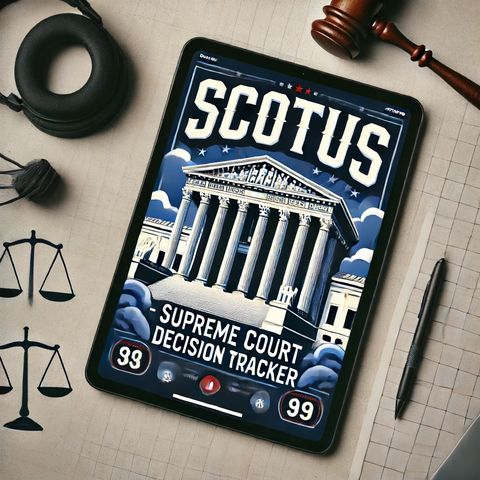"Supreme Court Safeguards Citizen Rights, Curbs Arbitrary Demolitions"

Download and listen anywhere
Download your favorite episodes and enjoy them, wherever you are! Sign up or log in now to access offline listening.
"Supreme Court Safeguards Citizen Rights, Curbs Arbitrary Demolitions"
This is an automatically generated transcript. Please note that complete accuracy is not guaranteed.
Description
The Supreme Court of India has recently taken a significant step towards curbing arbitrary demolitions of properties, a practice often criticized for its potential abuse and impact on vulnerable communities....
show moreThe decision by the Supreme Court was not just a mere procedural directive but also a strong statement supporting the rights of citizens to lawful and fair treatment. The move was received positively by human rights organizations such as Amnesty International, which hailed the decision as a significant step in protecting individuals from unlawful state actions.
Further afield, the influence of Supreme Court rulings can also be seen in other legal debates within India. For example, officials in New Hampshire have recently been compelled to appeal to their state Supreme Court following a ruling favoring a previous decision on school funding. This illustrates how Supreme Court decisions can set precedents affecting various facets of governance and civil administration, extending far beyond the initial cases.
These developments underscore the pivotal role of high courts in fostering a legal environment where justice and lawfulness are maintained. The Supreme Court of India, in particular, continues to play a crucial role in shaping the legal landscape of the country, ensuring that the powers of the state are exercised in a manner that is not only constitutional but also just and equitable. Through rulings like these, the Court reaffirms its commitment to protecting the rights of the most vulnerable, promoting a more just society.
Overall, as nations continue to evolve and confront new legal and ethical challenges, the role of judicial oversight bodies such as the Supreme Court becomes increasingly critical. These bodies not only interpret the law but also guide its execution, impacting the lives of countless individuals and the functioning of democracy itself.
Information
| Author | QP-4 |
| Organization | William Corbin |
| Website | - |
| Tags |
Copyright 2024 - Spreaker Inc. an iHeartMedia Company
